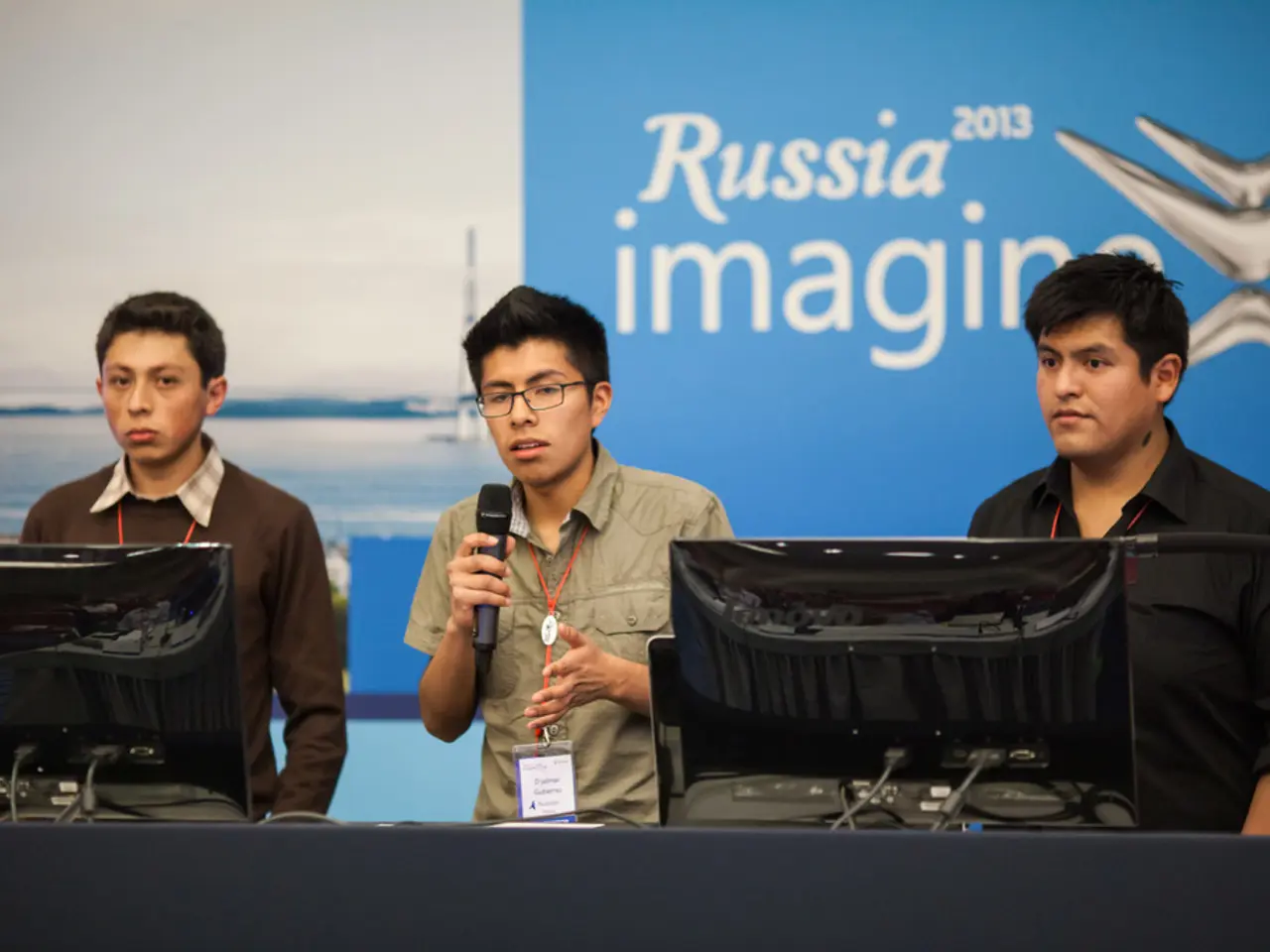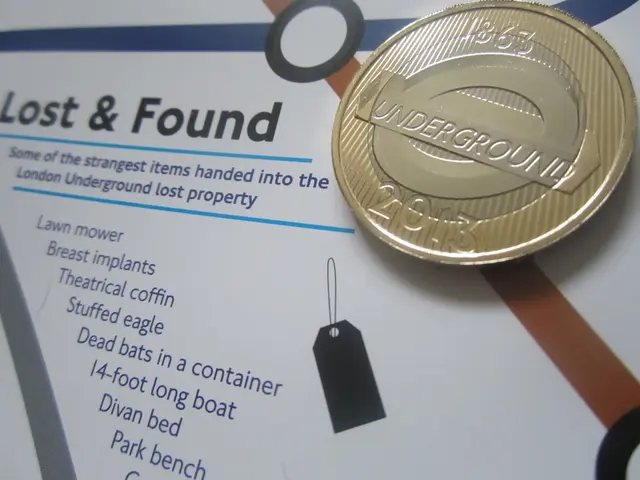Europe considers high-risk investments for immobilized Russian funds to strengthen Ukrainian assistance
Breaking News: The European Union is reportedly brainstorming a novel plan to boost Ukraine's finances by tapping into the €196 billion ($215 billion) of frozen Russian assets currently under EU sanctions. According to a Politico report, this plan involves shifting the funds away from low-risk, low-yield investments and into higher-risk, higher-yield ventures, such as equities or alternative investments.
The assets, held by the Belgium-based clearinghouse Euroclear, have been frozen since 2022 following the EU's sanctions in response to Russia's full-scale attack on Ukraine. At present, these funds are conservatively invested with the Belgian central bank, making a modest, yet steady return. In 2024, this conservative approach netted around €4 billion ($4.3 billion), which the EU used to help fund a €45 billion ($50 billion) loan for Ukraine.
Now, with the loan nearly disbursed and speculation brewing over the future of American support, EU officials are scrambling to secure fresh sources of financing. The proposed investment strategy would see the frozen Russian funds channeled into a special EU-controlled investment fund, allowing for riskier but potentially more lucrative returns, without outright confiscating the assets.
Poland, currently holding the rotating presidency of the Council of the EU, emphasized the immediacy of the discussions, stating in a letter to Politico that any further developments on the sanctions regime and the potential use of frozen Russian assets require prompt attention.
However, this plan isn't without its pitfalls. One major challenge lies in establishing ownership rights and legal standing, as Russia still maintains legal claims on these assets. Furthermore, altering the funds' destination could spark legal battles in international courts, potentially affecting Western financial institutions and setting questionable precedents in international law.
Critics also warn that such actions could damage the EU's reputation, potentially deterring other nations from storing their reserves in EU financial systems, thereby affecting the euro's standing as a reserve currency. EU unity and internal politics also pose significant challenges, with some member states raising concerns about the risks and potential repercussions, while others push for immediate support for Ukraine.
The European Commission has been actively engaging in informal consultations with member states like France, Germany, Italy, and Estonia, exploring legal options to keep the Russian assets frozen, should Hungary decide to exercise its veto power during the semiannual sanctions renewal process. The race is on, as the EU attempts to strike a delicate balance between supporting Ukraine and preserving the integrity of the global financial system.
Enrichment Insights:- Reallocating frozen Russian assets into ventures with higher yields could potentially provide a more substantial and sustainable funding stream, ultimately aiding Ukraine's reconstruction and war efforts. However, this move raises legal issues, including ownership and property rights, the need for new legal instruments or an expansion of the sanctions regime, and the potential for contentious precedents in international law.- EU internal divisions regarding the use of frozen Russian assets underscore tensions within the bloc, with some member states concerned about legal, financial, and reputational risks, while others prioritize immediate support for Ukraine.- The potential misuse or reallocation of sovereign assets could erode trust in European financial institutions, potentially deterring other countries from holding reserves in the EU and affecting the euro’s status as a reserve currency.
Investing the frozen Russian assets into equities or alternative investments, as proposed by the EU, could lead to higher financing for Ukraine's reconstruction and war efforts, but it may trigger complex legal battles due to ownership and property rights issues, and could potentially set controversial precedents in international law.
The internal politics within the EU, with member states having different opinions about the risks and benefits of using the frozen Russian assets, have highlighted tensions within the bloc, potentially affecting the euro's status as a reserve currency.








